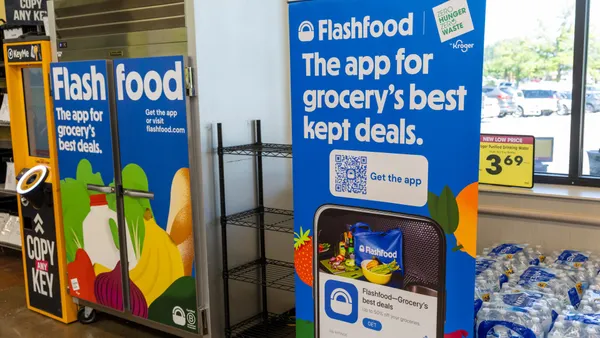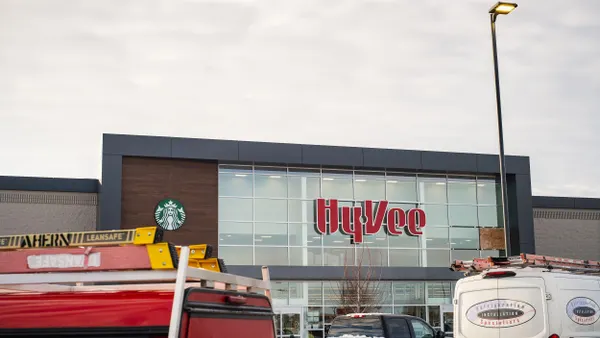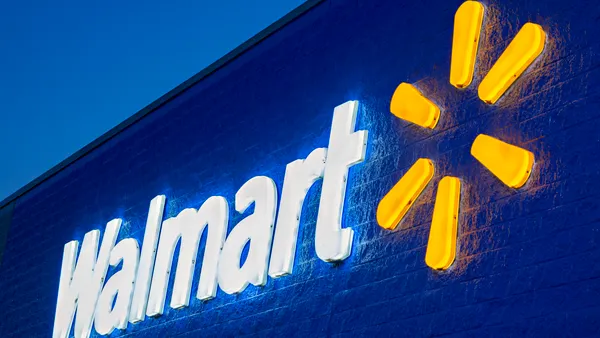Dive Brief:
- Giant Food announced Tuesday the launch of a pilot program that provides customers with access to a multi-cancer early-detection blood test.
- The initiative is part of a partnership with lab test company 20/20 Biolabs and will run at nine Giant store pharmacies.
- The initiative builds on the Ahold Delhaize banner’s ongoing efforts to provide shoppers with preventative health resources.
Dive Insight:
Giant Food is bolstering its image as a provider of health-oriented services with its latest pilot program.
Eight Maryland Giant locations and one Virginia Giant store will offer 20/20’s multi-cancer detection blood test, which detects biomarkers that can be linked to the development of certain types of cancer, according to an emailed press release. The test does not diagnose cancer.
“By integrating advanced lab testing into our in-store pharmacies, we are making it easier for individuals to access important health information and take control of their well-being,” said Paul Zvaleny, Giant’s director of pharmacy operations.
20/20’s CEO, Jonathan Cohen, noted that this pilot with Giant also acts as a “significant step forward” in making advanced cancer-screening tests easier for people to access.
The test is unlike traditional blood-collection methods, as the grocer’s pharmacies will use devices that collect small amounts of capillary blood from the upper arm instead of needles, per the announcement.
The 20/20 test is available to Giant customers at a reduced price of $295, a $50 reduction off the original price. The grocer is considering expanding the pilot to include a test that spots biomarkers linked to pro-inflammatory foods, Giant said.
At the end of last year, a Giant store in Ward 8 of D.C. reopened its in-house multi-purpose community center. The designated space provides health and wellness information and programming, including nutrition education. Two Washington, D.C. universities — Georgetown and George Washington — are also using the space to educate locals about preventative cancer measures and encourage them to get screening tests, like mammograms and prostate exams.












